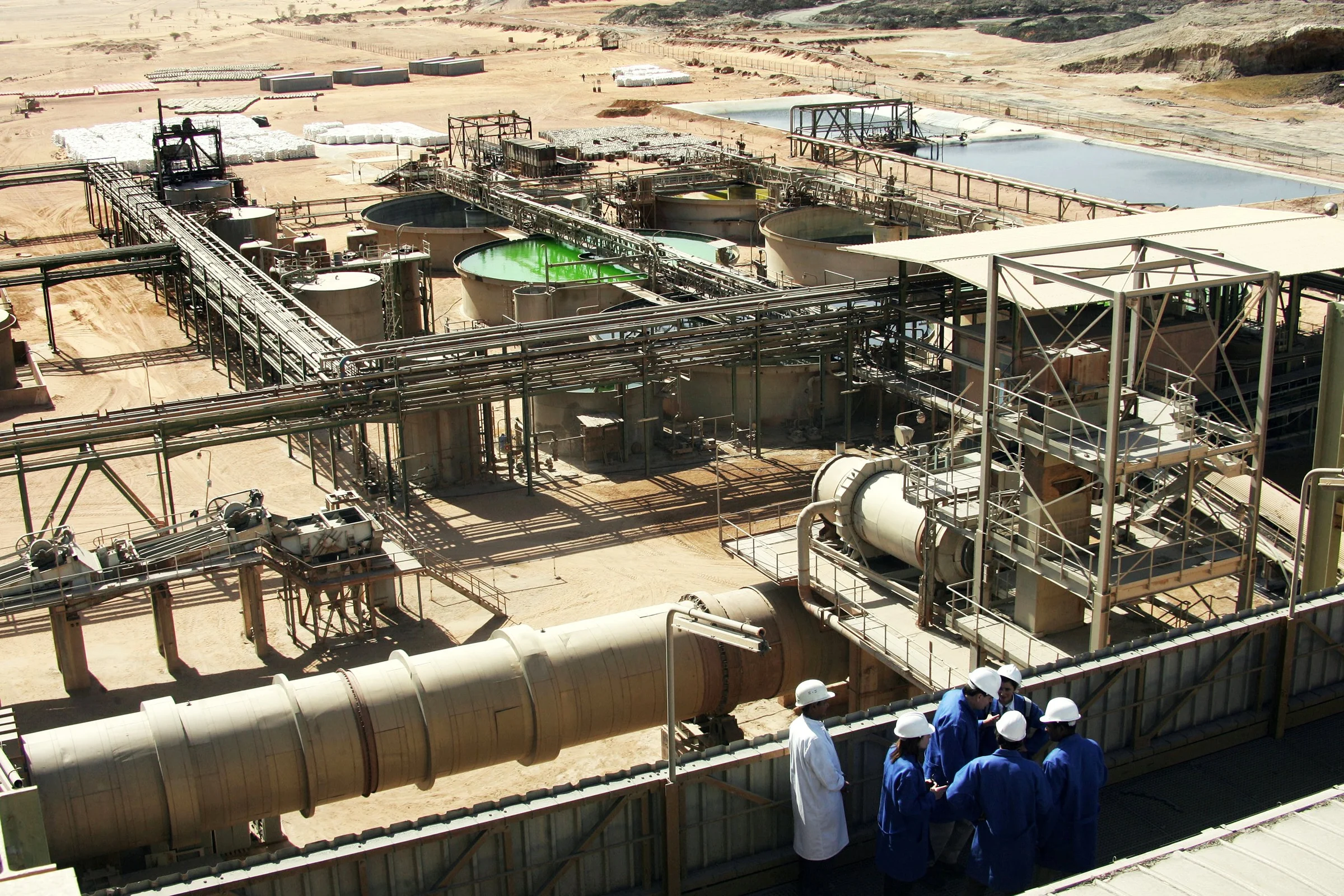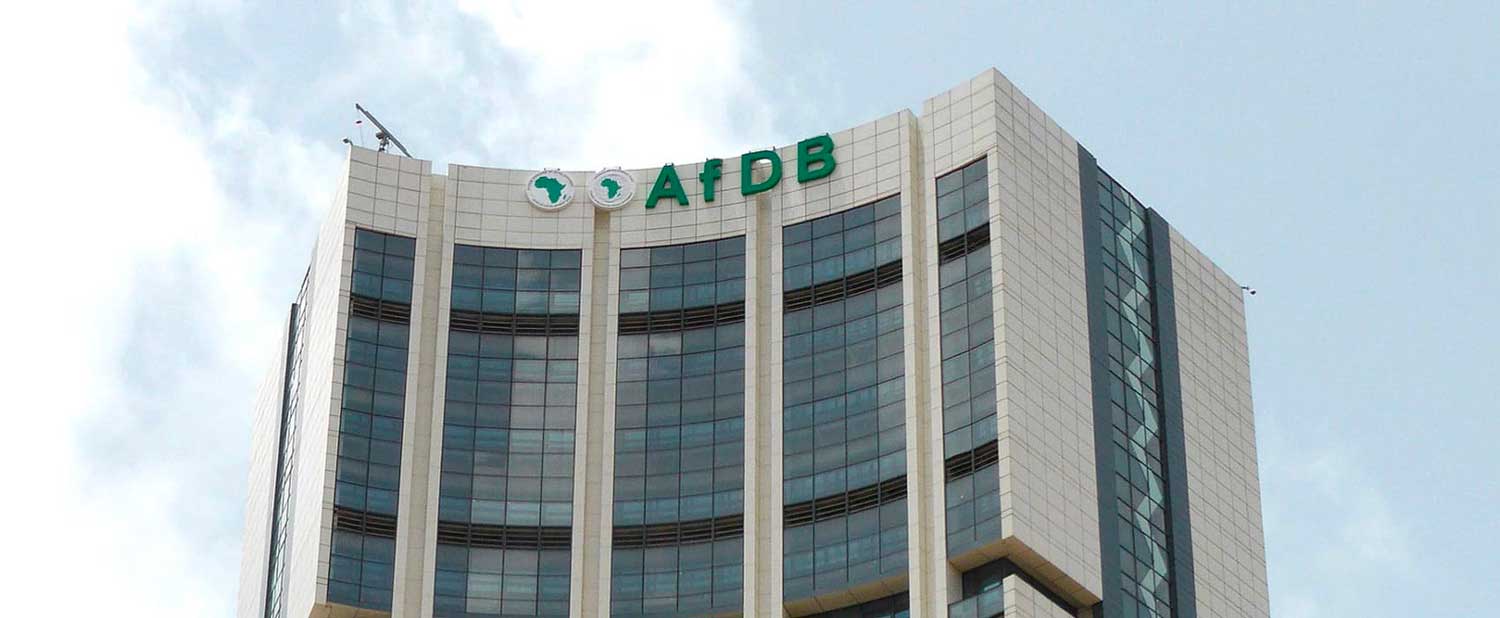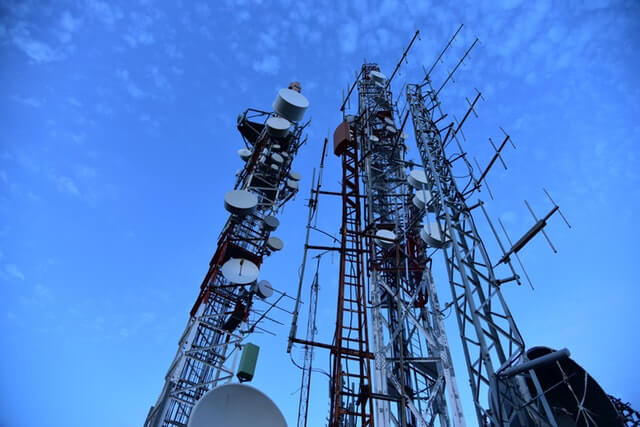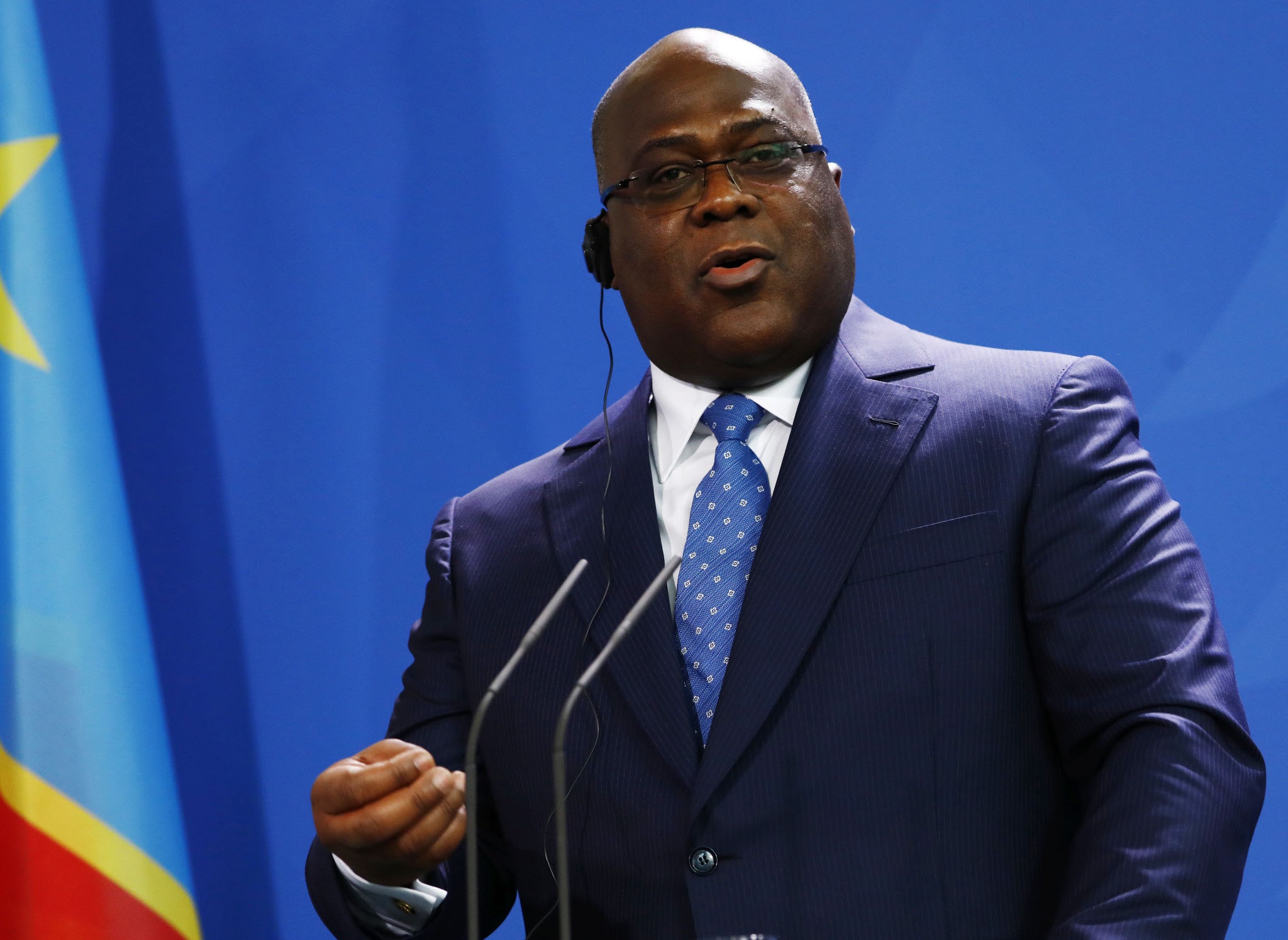Niger uranium freeze raises global stakes for bonds miners and energy security
International tribunal halts Niger uranium sale, freezing 1,000t worth USD 270m. Orano (EPA:ORA) claims rights, uranium spot hovers USD 92/lb (CME:UX). Niger 2031 Eurobond yields 11.8%, while CCJ, KAP, PDN, URA traders eye tighter supply and higher risk premiums.

Niger’s military government faces a high-stakes confrontation after an international tribunal ordered it to halt the sale of uranium stockpiles held at the SOMAIR mine. French nuclear group Orano (EPA:ORA) claims more than 1,000 metric tons of uranium concentrate, worth around USD 200–270 million at current spot prices, were mined under existing agreements and are now unlawfully threatened for export. The tribunal also called for the release of an Orano executive, escalating the legal and diplomatic dispute.
The standoff reflects a broader struggle between sovereignty and international contract law. In June 2025 Niger nationalized Somair, stripping Orano of its 63 percent stake and asserting full control. That followed the 2023 coup and Niamey’s strategic pivot away from France toward Russia and Turkey. Orano retaliated by pursuing arbitration at ICSID, and the ruling now blocks sales until final judgment. The freeze impairs Niger’s ability to monetize its stockpile and exposes the country to asset seizure risks abroad if it defies the order.
For commodity markets, the issue is significant. Niger accounts for about 5 percent of global uranium output. With uranium spot prices already up nearly 30 percent this year and trading in the USD 90–95/lb range (UXC Uranium Futures, CME:UX), the frozen 1,000+ tons represent a material tightening of near-term supply. Utilities that had planned procurement from Niger may now shift toward Kazatomprom (LSE:KAP) in Kazakhstan, Cameco (NYSE:CCJ, TSX:CCO) in Canada, or Paladin Energy (ASX:PDN) in Australia. Any scramble for substitutes could reinforce the rally in uranium equities and derivatives.
The sovereign implications are just as important. Niger, which depends heavily on mining revenue, risks losing hundreds of millions in expected export proceeds. Investors in African debt are recalibrating risk. The Niger 2031 Eurobond (XS2351230916) last traded at yields near 11.8 percent, already distressed, and could face further spread widening. Resource nationalism and legal disputes raise red flags across the frontier mining space, with contagion risks for peers like Mali and Burkina Faso. Credit analysts are likely to demand higher risk premiums on African Eurobonds included in the JP Morgan EMBI Index (EMB.US), while credit default swap pricing on African sovereigns could widen in sympathy.
The FX dimension is subtler but still present. While Niger itself is part of the CFA franc zone, global FX desks often treat such disputes as part of broader emerging market sentiment. The South African rand USD/ZAR and Nigerian naira NGN=X often act as proxies for African sovereign risk. A sustained confrontation over uranium could thus spill over into broader EM currency baskets tracked in the MSCI EM Currency Index.
From a geopolitical angle, the dispute highlights the accelerating resource realignment on the continent. Niger’s junta has expelled French troops and signaled closer cooperation with Moscow. Should the uranium stockpile eventually be sold outside Western-aligned channels, it could raise concerns about nuclear material control and fuel security for European utilities. France, where nuclear power provides about 65 percent of electricity supply (EDF.PA), is particularly exposed to disruptions in historical uranium partnerships.
Still, the market impact may be tempered. The tribunal ruling is interim; the uranium is not destroyed but merely frozen. Buyers may have diversified procurement, limiting immediate shock. The 1,000-ton stockpile, while material, represents only a fraction of annual global demand of ~65,000 tons. Yet sentiment effects matter: even temporary freezes can boost speculative positioning in uranium futures and ETFs like Global X Uranium ETF (NYSE:URA).
The deeper lesson is about risk repricing. Investors now face heightened contract uncertainty in frontier jurisdictions. Mining deals once assumed stable are increasingly political instruments. Asset managers will demand tighter stabilization clauses, arbitration rights, and higher hurdle rates. Sovereign analysts will adjust assumptions on resource-backed revenues. Utilities will accelerate diversification away from single-country dependencies, accepting higher costs in exchange for reliability.
The blocked uranium sale is therefore more than a legal quarrel. It is a signal that Africa’s mineral wealth is increasingly contested at the intersection of sovereignty, geopolitics, and global capital. If Niger resists the ruling or channels uranium toward non-Western buyers, investors will reprice both sovereign bonds and commodity risk accordingly. For now, the dispute has tightened uranium sentiment, pressured Niger’s bonds, and added another layer of uncertainty to global supply chains.





